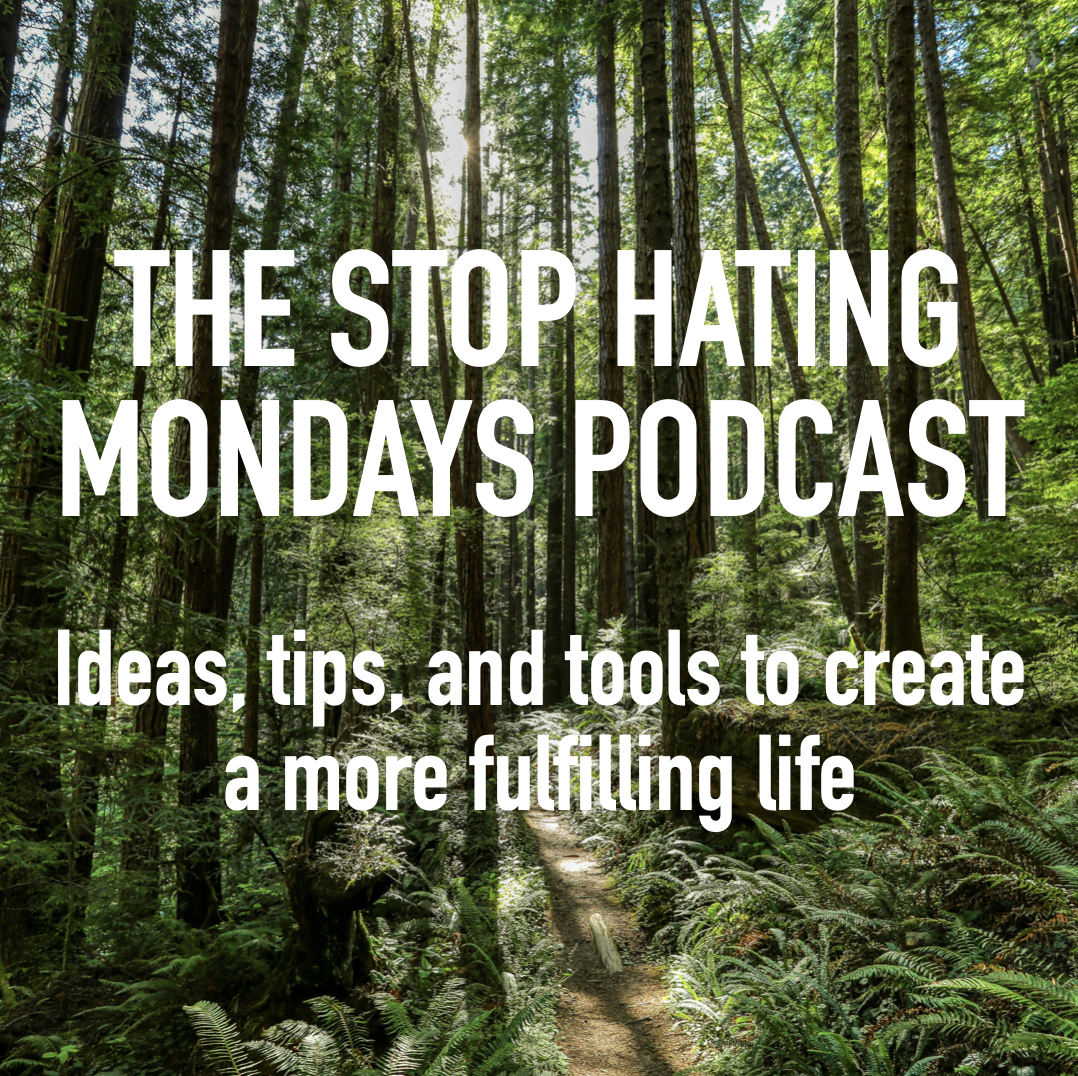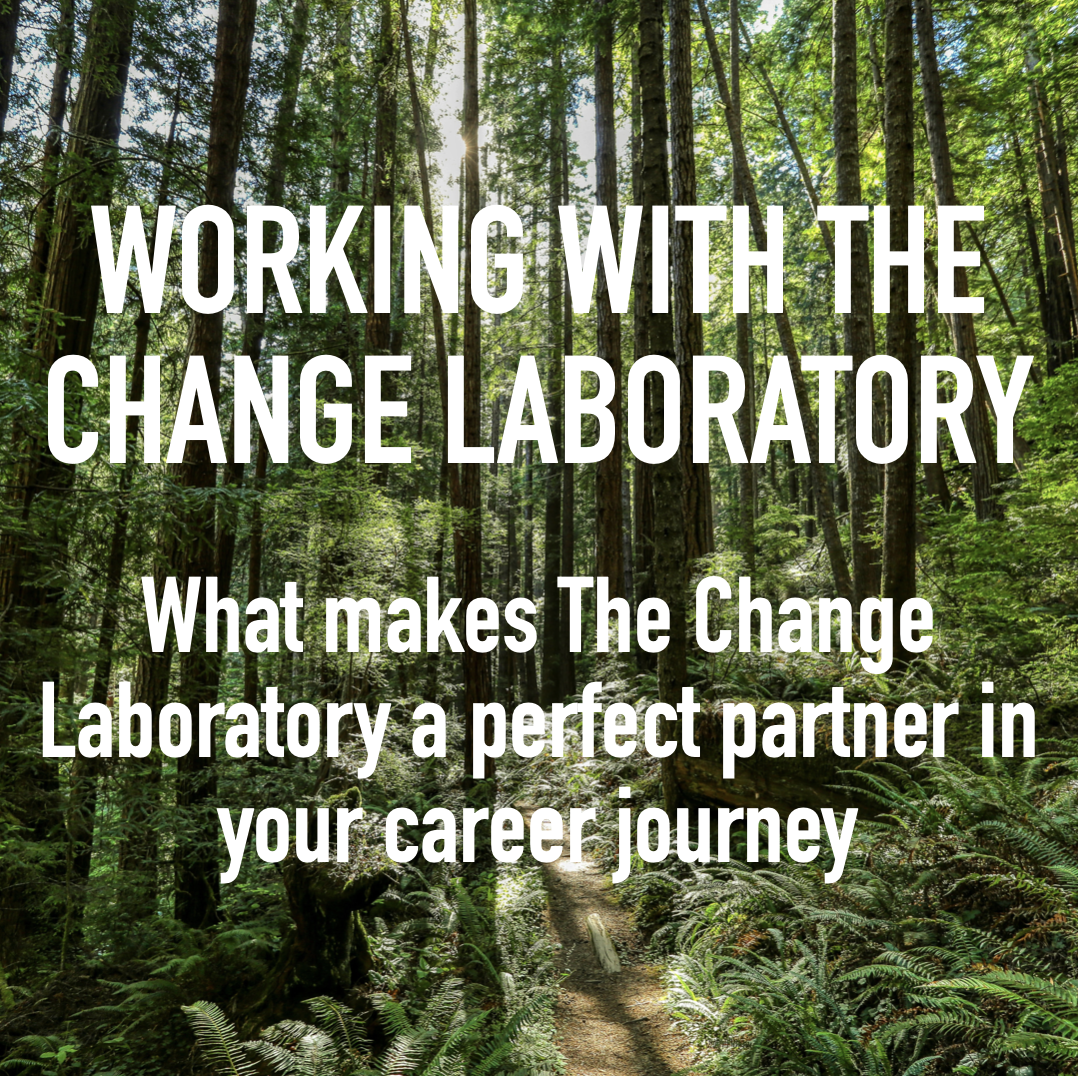How to Improve Employee Experiences
Kent R.
As HR professionals and employee advocates, we are quick to remind our corporate clients that regardless of the market they serve or the solutions they provide, their greatest asset is their people. And as such, we are always influencing our clients to thoughtfully consider and take meaningful steps to improve employee experiences.
On this episode of the Stop Hating Mondays Podcast, Kent and I are discussing employee experiences – some of the ways that organizations miss the mark and some ideas for how business leaders can create better employee experiences.
TRANSCRIPT
(Transcripts are auto-generated and may contain minor errors)
Caanan
As HR professionals and employee advocates, we are quick to remind our corporate clients that regardless of the market they serve or the solutions they provide, their greatest asset is their people. And as such, we are always influencing our clients to thoughtfully consider and take meaningful steps to improve employee experiences.
Today on the Stop Hating Mondays Podcast, Kent and I are discussing employee experiences – some of the ways that organizations miss the mark and some ideas for how business leaders can create better employee experiences.
Caanan
So, Kent, you and I talk ad nauseam about employee experiences, and I am always intrigued to hear your perspective. So, I'm going to ask my own question.
To kick things off, what do you find most surprising about the employee experience?
I know it's kind of a big, broad question, but…
Kent
Yeah, I know we tried to keep these to bite size…
Caanan
Run with it.
Kent
Yeah. We try to keep these to bite size, coffee break podcasts.
This is someplace I could go on and on 'cause the minute you asked that question, all the experiences I've had regarding my surprise regarding the employee experience come to mind and they start swirling in front of my mind and I don't even know which to grab on 'cause it's all so unbelievable to me. And I say unbelievable because, when it comes to any of the work we do – here, let's talk about business consulting – there's a moment, a big moment, where you're diagnosing. You're gathering information and diagnosing what's happening. What has made the call for our help a reality? So you're asking, what do I find most surprising about the employee experience?
It's how valid, say, a negative employee experience is? Because if companies aren't actively making an employee's work feel useful and meaningful and tied to the mission of the company – and at the same time helping them to grow as a person – they’re failing. So those things that keep swirling in my mind are how many times we go in thinking, you know, the big diagnosis – lots of information intake – and you see there's a complete breakdown at this level.
Talking to people and saying OK, so how does the work you do plug into the larger mission of the company? People having no clue! Feeling like they have no part in that element of their job, and definitely feeling like they're not growing.
So, what I always tell employers is, if those things aren't happening – if the employee isn't feeling tide to the mission of the company, and if they're not feeling like they're growing – they're spending their time learning coping mechanisms.
Caanan
That's so true! Like, as you were speaking earlier, I was thinking about how few people really tap into this… what I think is kind of common knowledge. But it's clearly not. Or what you and I think is, is that if you're not actively caring for employee experiences, you're creating bad employee experiences. And there's somehow this idea that you could focus on good employee experiences and that'll create good employee experiences. But somehow that not caring for it at all will create a neutral outcome.
And it's just the opposite.
Kent
Yeah, completely. So, kind of going on with what I started to say, we get into this in our passion for the idea of workism, which were very against workism.
So here is my once-a-season plug to listen to our earlier podcast seasons and episodes. In one we get into workism – which were working to dismantle – and just the behaviors that this idea of workism drives.
So, if you have a sick workgroup or a sick department or sick company, where these employees aren't feeling tied to the mission in a meaningful way – where they feel like they're not growing themselves then they're leaning into these really counterproductive behaviors that align with workism.
They're worrying about the competitive environment, how to keep ahead of their coworkers, how they can be viewed better than their coworkers they're obsessing over, how bad management is.
This is what I mean when I opened it and said, if they're not being motivated by that personal growth and the mission of the company, then their mind is being sucked into all these counterproductive behaviors. Counterproductive for them, of course, but more so for you who's sitting there thinking “oh, everybody's fine and happy everybody is neutral at least. So we're doing well!” And little do you know that no, your employees are learning to cope.
Caanan
We just had this question from a consulting client. “What are some tips for how a business leader at any level can create better employee experiences?”
I like this question.
Kent
Yeah, I do too.
What immediately comes to mind for me is something we talked about, I think, last season. We were talking about managers who just aren't good managers and an employee – I think Tara – was an employee asking, how do I get ahead 'cause I just feel like I'm going to be threatening my manager.
So, what we told Tara is that this often reveals a sickness at all levels of the organization. You don't like your manager because you don't feel like you're being developed well. Your manager probably doesn't like their manager because they're not being developed and your manager is just treating you like their manager treats them.
To answer this question, I would say getting back to basics.
You've gotta hold regular meetings with the people who work for you.
If that structure isn't being supported at the company level, you have to implement that structure, while – I might say – you're looking for another job. Yeah, 'cause I mean if the culture is broken, the culture is broken
But, yeah, to be a more effective business leader, you've got to be working on those things that foster a culture of productivity, growth, happiness. And that starts with getting in touch with every one of your direct reports.
Knowing what's going on.
Caanan
And making sure everybody feels like they're tied to the mission of the company and growing.
Caanan
OK, here's a fun question.
What are some clear signs that business leaders can look for when trying to determine if employee experiences are suffering?
Kent
Yeah, I'm so glad the day is here where I no longer have to say this in a whisper or out of the side of my mouth.
The days of forced ranking performance management systems.
Yeah, performance management systems that pit employees against each other… these things just create workism and hostile environments that may spike performance in the short term, but in the long term are toxic… create a hostile culture, and most importantly, make people want to leave.



